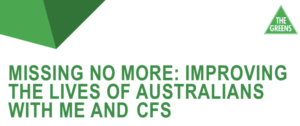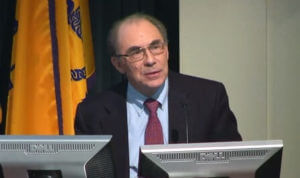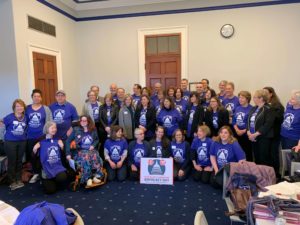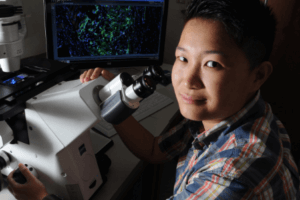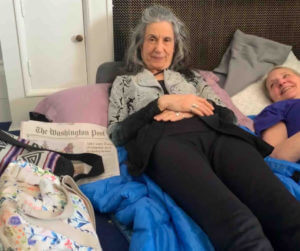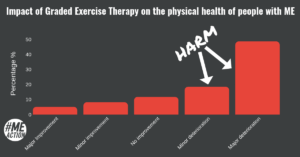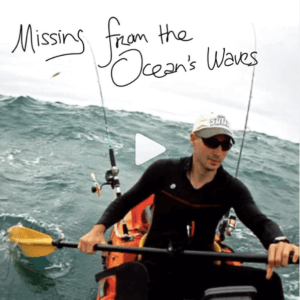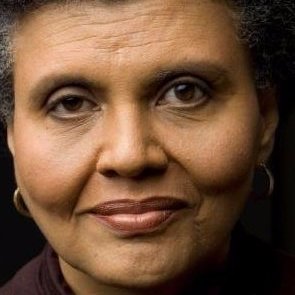
Unseen: Black People Living With ME
By Wilhelmina Jenkins When I became ill in 1983 with what is now called ME/CFS, my life as I knew it was abruptly destroyed. I dropped into a world of pain, exhaustion, and dozens of other baffling symptoms, most particularly the cognitive disruption that robbed me of the life in physics that I loved. After


